Find Help
More Items From Ergsy search
-

Sexual Health - HIV Testing
Relevance: 100%
-
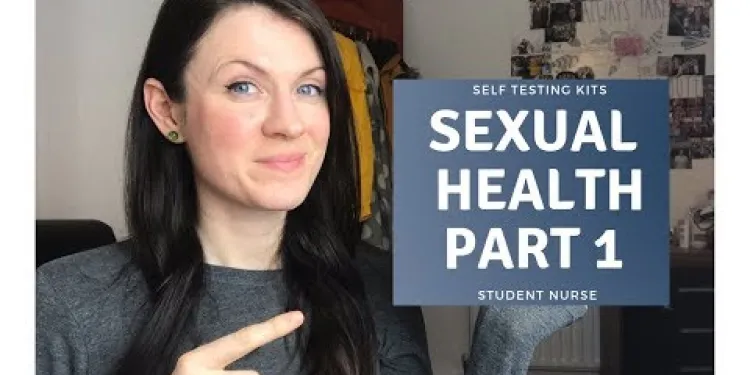
Let's Talk Sexual Health - Home Self Testing Kits
Relevance: 66%
-
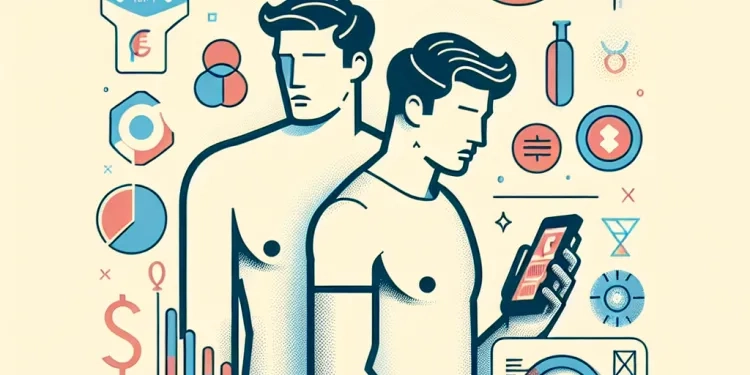
How often should someone get tested for HIV?
Relevance: 64%
-

Let's Talk Sexual Health - Home Self Testing Kits
Relevance: 63%
-

The Different Roles in Sexual Health and Family Planning UK
Relevance: 58%
-

Sexually transmitted infections STIs
Relevance: 54%
-

What is HIV?
Relevance: 54%
-
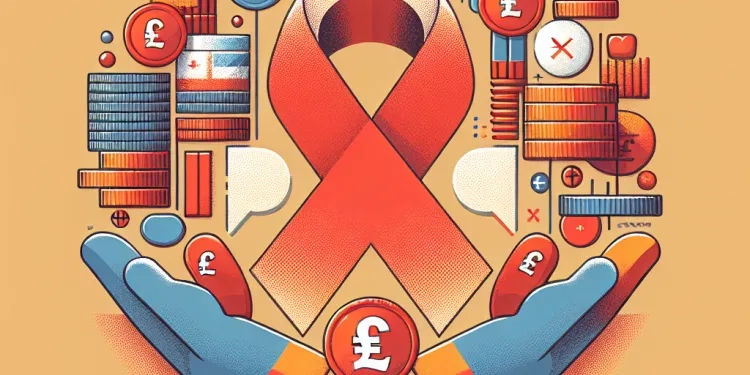
How can HIV be prevented?
Relevance: 53%
-

How is HIV transmitted?
Relevance: 52%
-
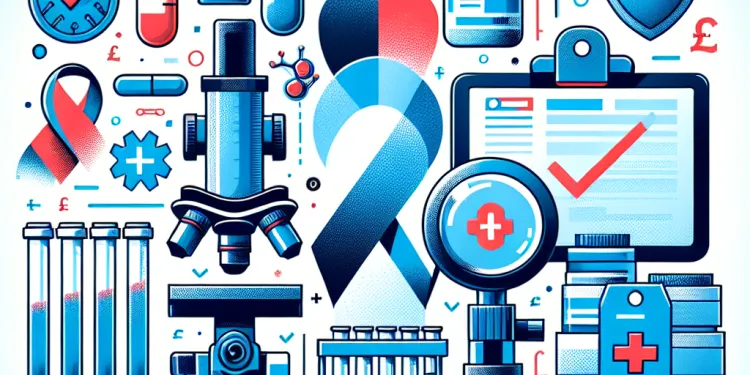
How is HIV diagnosed?
Relevance: 52%
-

Understanding Your Sexual Health - Herpes
Relevance: 51%
-
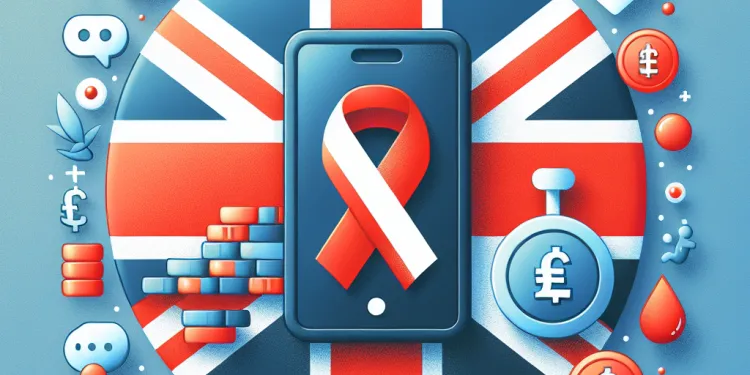
Is HIV only a concern for certain groups of people?
Relevance: 50%
-

What is HIV / AIDS?
Relevance: 48%
-

Understanding Your Sexual Health - Gonorrhoea
Relevance: 48%
-

HIV and pregnancy | NHS
Relevance: 46%
-

Understanding Your Sexual Health - Pelvic Inflammatory Disease
Relevance: 45%
-

Are there vaccines available for HIV?
Relevance: 44%
-
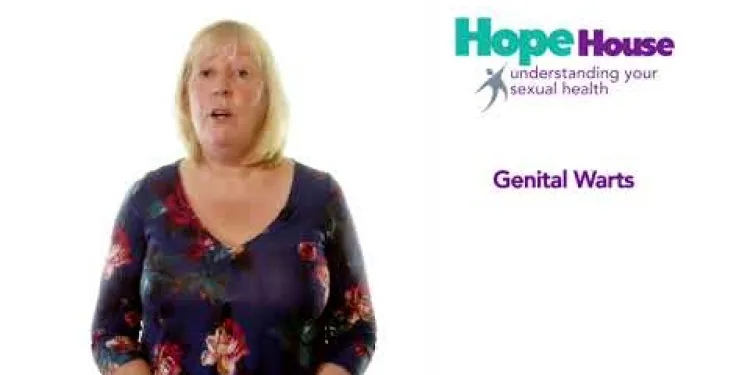
Understanding Your Sexual Health - Genital Warts
Relevance: 44%
-
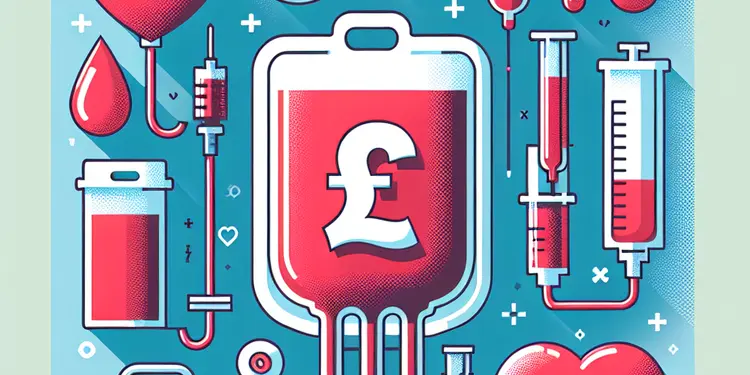
Can HIV be transmitted through blood transfusions?
Relevance: 43%
-
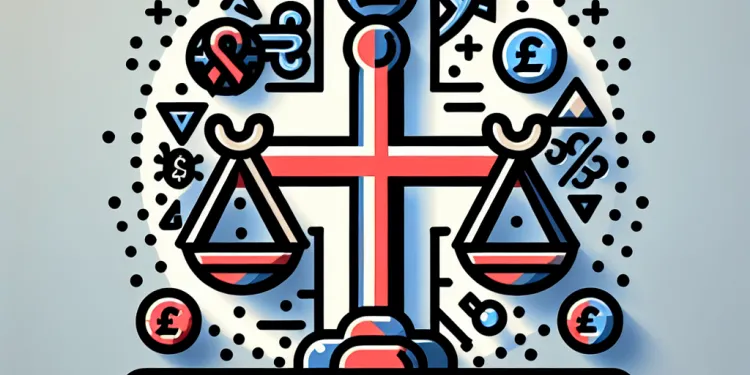
What role does stigma play in the HIV epidemic?
Relevance: 41%
-
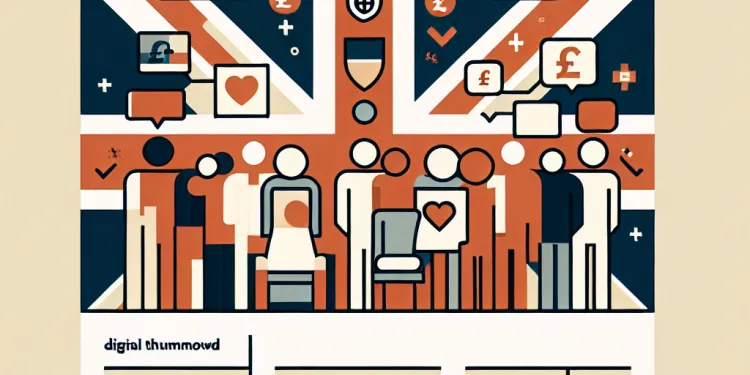
Can people with HIV lead normal lives?
Relevance: 39%
-

Can HIV be transmitted through insect bites?
Relevance: 39%
-
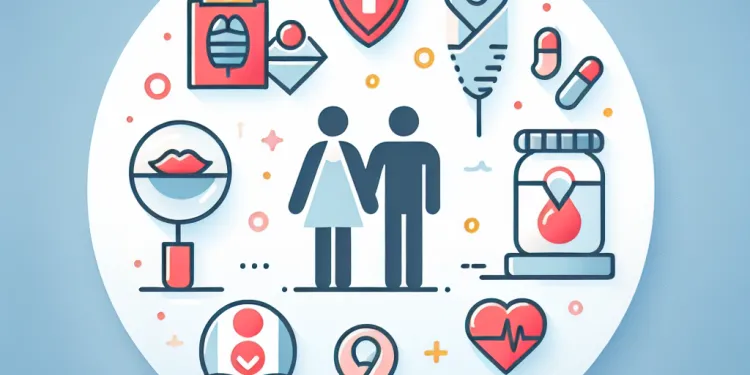
Is it safe for a partner of someone with HIV to have children?
Relevance: 39%
-
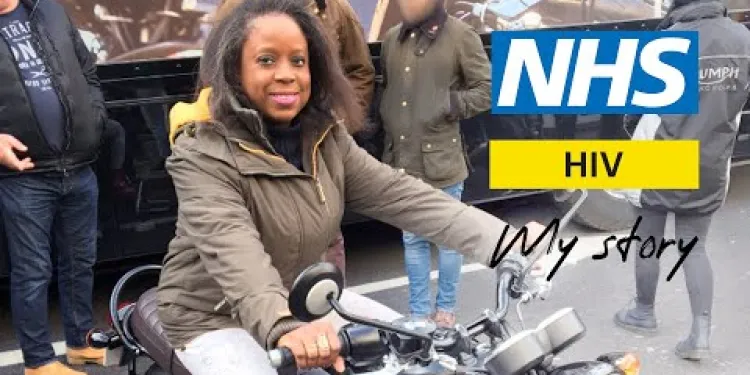
HIV - My Story - Florence | NHS
Relevance: 38%
-

NHS STI (Sexually Transmitted Infections) Information Video
Relevance: 38%
-
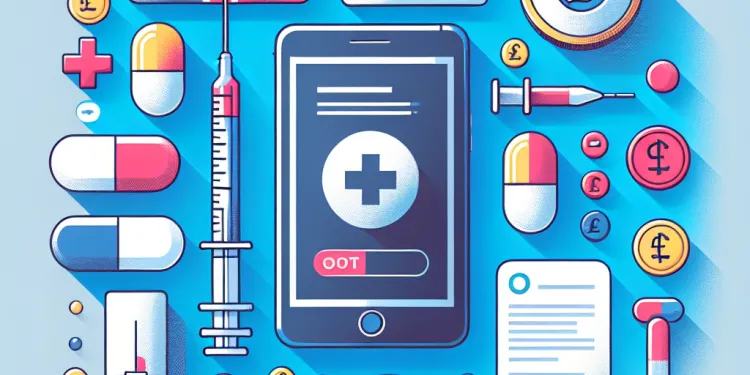
How often should one get tested for gonorrhoea?
Relevance: 38%
-

What is the difference between HIV and AIDS?
Relevance: 38%
-
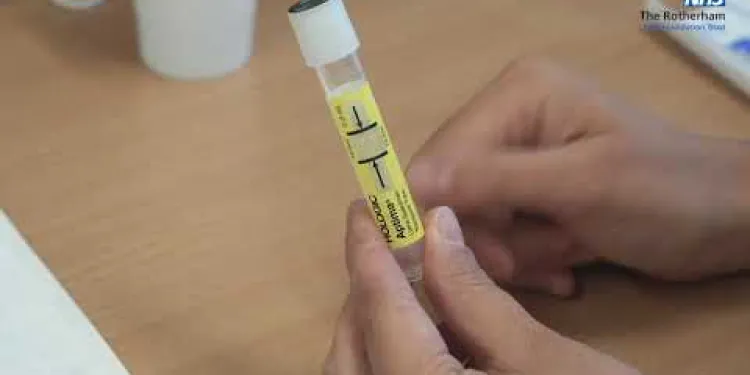
Urine test for Gonorrhoea and Chlamydia
Relevance: 37%
-
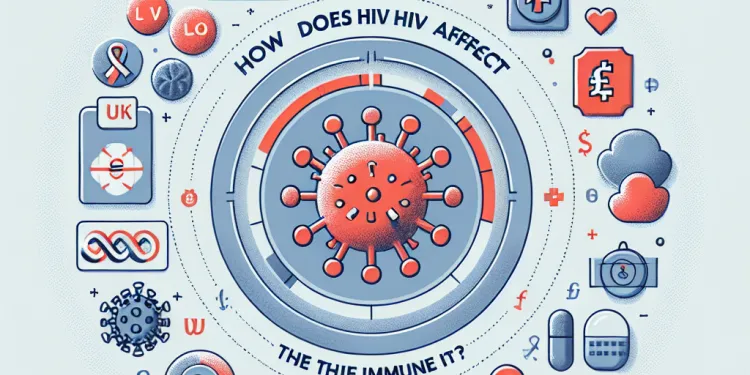
How does HIV affect the immune system?
Relevance: 37%
-
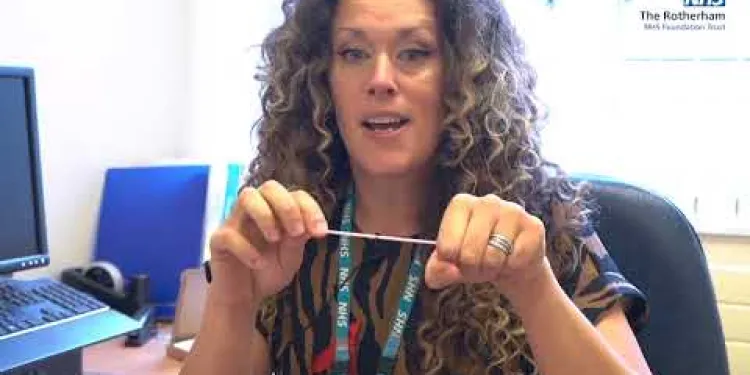
Rectal swab test for Gonorrhoea and Chlamydia
Relevance: 35%
-
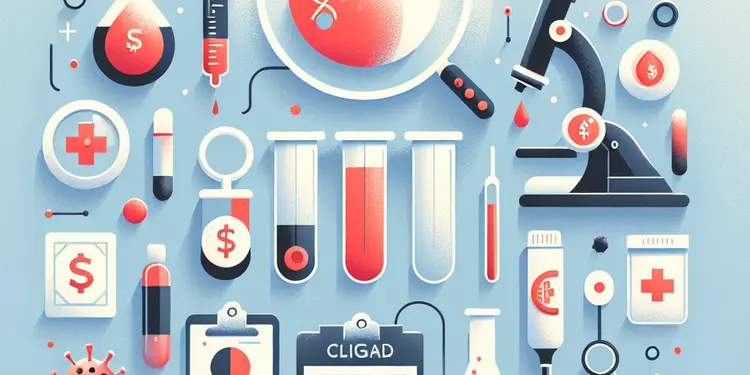
What other viruses are tested for in blood donations?
Relevance: 35%
-
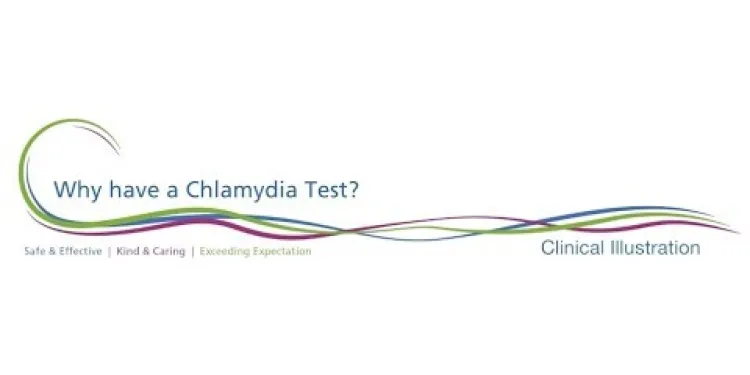
Getting tested for Chlamydia
Relevance: 34%
-
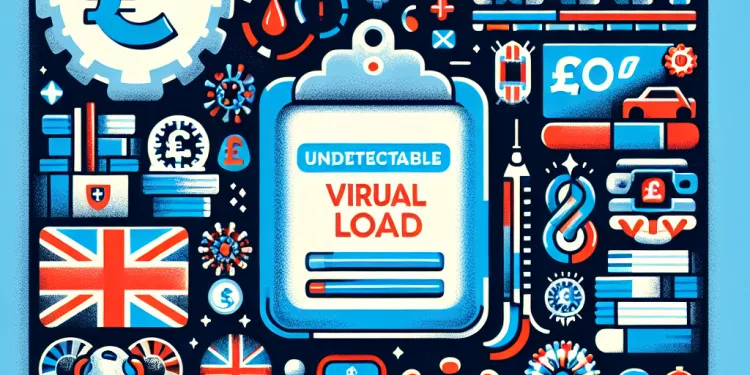
What does an undetectable viral load mean?
Relevance: 33%
-

Urine test for Gonorrhoea and Chlamydia
Relevance: 33%
-
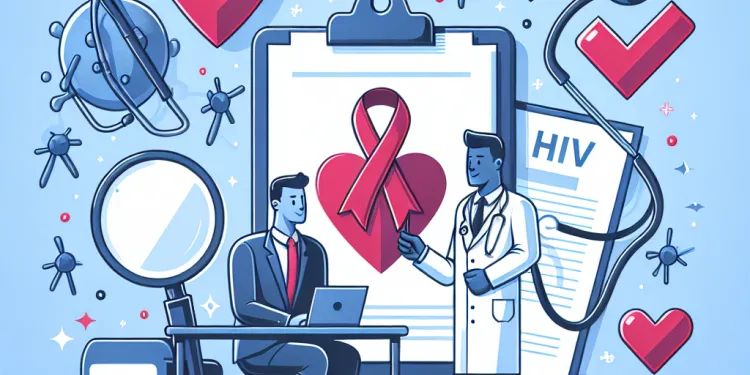
What are the symptoms of HIV?
Relevance: 32%
-
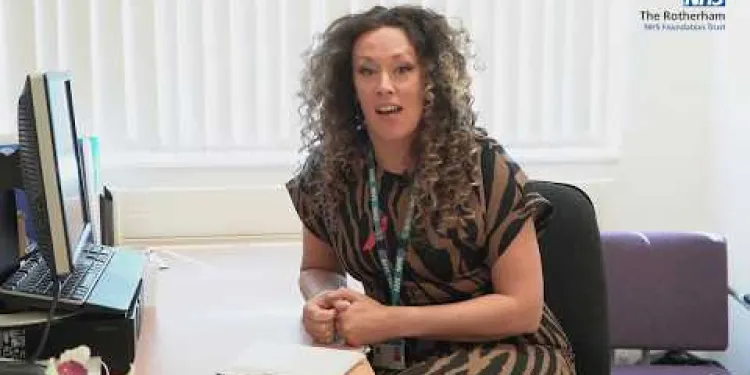
Vaginal Swab test for Gonorrhoea and Chlamydia
Relevance: 32%
-
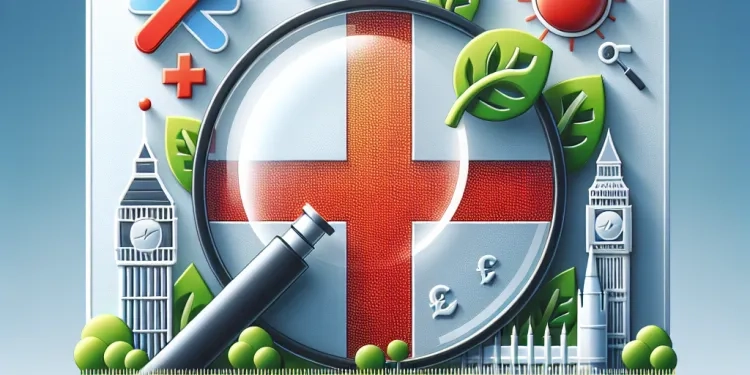
Can HIV be cured?
Relevance: 31%
-

Cervical screening for women who have experienced sexual assault | NHS
Relevance: 31%
-

What is AIDS?
Relevance: 30%
-

Three-year limit for child sexual abuse claims to be removed
Relevance: 30%
Sexual Health - HIV Testing
Understanding HIV Testing
HIV (Human Immunodeficiency Virus) testing is a critical component of sexual health. It involves a simple test to determine whether an individual is infected with HIV. By getting tested, people can make informed decisions and take appropriate actions to protect their health and the health of others. In the United Kingdom, various types of HIV tests are available, including rapid tests, home testing kits, and laboratory-based tests.Who Should Get Tested?
The National Health Service (NHS) recommends that everyone between the ages of 15 and 65 get tested for HIV at least once in their lifetime. However, more frequent testing is advised for individuals at higher risk, such as those with multiple sexual partners, men who have sex with men, and anyone who shares needles or other injecting equipment. Early detection of HIV is pivotal in managing the disease and lowering the risk of transmission.Where to Get Tested
In the UK, HIV testing is available through various venues. Free and confidential tests can be obtained from sexual health clinics, GPs, and community testing services. There are also options for home testing kits, which provide convenience and privacy. Many organizations, including the Terrence Higgins Trust and local health charities, offer support and resources to help people access testing.The Testing Process
HIV testing typically involves a blood sample, either a finger-prick test for rapid results or a venous blood draw for laboratory testing. Some tests can also be performed using oral swabs. Rapid tests usually provide results within 20 minutes, while laboratory tests may take a few days. If a test returns a positive result, further testing is conducted to confirm the diagnosis.Understanding Results
If an HIV test is negative, it means that no HIV antibodies were detected. However, if a test is conducted during the "window period" (the time between potential exposure to HIV and when the test can accurately detect the virus), follow-up testing may be necessary. A positive result indicates the presence of HIV antibodies or antigens, requiring immediate medical consultation for further testing and, if confirmed, initiation of treatment.Living with HIV
With advancements in medical care, living with HIV is manageable. Antiretroviral therapy (ART) helps control the virus, improve the quality of life, and reduce the risk of transmission. It's essential for individuals diagnosed with HIV to engage regularly with healthcare providers, adhere to treatment plans, and adopt healthy lifestyles. Support networks, counseling, and community resources play a vital role in managing life with HIV.Prevention and Education
Preventing HIV involves a combination of strategies, including using condoms, regular testing, pre-exposure prophylaxis (PrEP), and education on safe sex practices. The UK's public health campaign actively promotes awareness, reducing stigma around testing and living with HIV. Comprehensive sexual education and access to healthcare services are foundational elements in combating HIV and improving overall sexual health in the community.Sexual Health - HIV Testing
Understanding HIV Testing
HIV stands for Human Immunodeficiency Virus. Testing for HIV is important for your health. It is a simple test to check if someone has HIV. Getting tested helps people make good choices and keep themselves and others safe. In the UK, there are different tests for HIV. You can get a quick test, a test you do at home, or a test done in a lab.Who Should Get Tested?
The National Health Service (NHS) says everyone aged 15 to 65 should have an HIV test at least once. People who are at higher risk should get tested more often. This includes people with many sexual partners, men who have sex with men, and people who share needles. Finding out early if you have HIV helps you stay healthy and stop it from spreading to others.Where to Get Tested
In the UK, you can get an HIV test in many places. You can go to a sexual health clinic, see your doctor, or use community testing services. These tests are free and private. You can also get a test kit to use at home. Groups like the Terrence Higgins Trust can help you find where to get tested and offer support.The Testing Process
HIV testing usually involves taking a sample of blood. A quick test might use a finger-prick to get blood quickly. You can also have a blood draw for lab tests. Some tests use a swab from your mouth. Quick tests give results in about 20 minutes. Lab tests may take a few days. If a test is positive, more testing is needed to be sure.Understanding Results
If your HIV test is negative, it means no HIV was found. But if the test was done soon after you might have caught HIV, you may need another test later. If your test is positive, it means you have HIV, and you should see a doctor right away for more testing and to start treatment.Living with HIV
People with HIV can live well thanks to new medicines. These medicines are called antiretroviral therapy (ART). ART helps control the virus and keeps you healthy. If you have HIV, it's important to see your doctor regularly, take your medicine, and live a healthy life. Support groups and counseling can help people live well with HIV.Prevention and Education
There are many ways to prevent HIV. Use condoms, get regular tests, and learn about safe sex. Medicines like PrEP can also help prevent HIV. The UK has health programs to teach people about HIV and reduce fear about testing. Learning about sexual health and having access to healthcare can help stop HIV and keep people healthy.Frequently Asked Questions
What is HIV testing?
HIV testing is a medical test that determines if a person has been infected with the Human Immunodeficiency Virus (HIV), which can lead to AIDS.
Why is it important to get tested for HIV?
Getting tested for HIV is essential because early detection allows for timely treatment and management, improving health outcomes and reducing the likelihood of transmitting the virus to others.
Where can I get an HIV test in the UK?
In the UK, you can get an HIV test at NHS sexual health clinics, GP surgeries, local health centres, some pharmacies, or through at-home testing kits.
Is HIV testing free on the NHS?
Yes, HIV testing is free on the NHS at sexual health clinics and through other NHS services.
How is an HIV test performed?
An HIV test is usually performed using a blood sample. Rapid tests might use blood from a finger prick, while other tests may require a larger blood sample drawn from a vein.
How long does it take to get HIV test results?
Results from rapid HIV tests can be ready within 15 to 60 minutes. Standard blood tests may take a few days to a week for results.
Do I need to prepare for an HIV test?
No special preparation is needed before an HIV test. However, it's advisable to avoid certain activities like eating or drinking immediately before a blood draw if instructed by your healthcare provider.
Can I take an HIV test at home?
Yes, there are NHS-approved home testing kits available. They typically involve taking a small blood or saliva sample, which you send to a lab for analysis, with results provided confidentially.
Is HIV testing confidential in the UK?
Yes, HIV testing and results are confidential. Clinics and healthcare providers have strict confidentiality policies.
Can I get tested for HIV if I have no symptoms?
Yes, many people with HIV do not initially show symptoms. Testing is important regardless of whether symptoms are present.
How accurate are HIV tests?
HIV tests are highly accurate when performed correctly. However, the accuracy depends on the type of test and the time elapsed since potential exposure.
What is the 'window period' for HIV testing?
The 'window period' is the time between potential exposure to HIV and when a test can reliably detect the virus. This period varies but is typically up to 3 months.
What should I do if I test positive for HIV?
If you test positive for HIV, it’s important to seek medical advice immediately. Treatment involving antiretroviral therapy (ART) can help manage the virus and maintain your health.
Can a negative HIV test result be incorrect?
A negative result can sometimes be incorrect if the test is taken during the window period. Re-testing after the window period is recommended if there was potential exposure.
What support is available if I test positive for HIV?
In the UK, numerous support services, including counselling, healthcare advice, and support groups, are available to those who test positive for HIV.
What is HIV testing?
HIV testing is a way to find out if you have HIV. HIV is a virus that can make you sick. The test is simple. You can take it at a clinic or at home.
If you are not sure how to do the test, you can ask a doctor or nurse for help. They can explain it to you.
There are tools you can use to help you, like picture guides or videos. These can show you what to do step by step.
HIV testing is a health check to see if someone has the virus called HIV. HIV can make a person very sick and lead to a disease called AIDS.
Why is it important to get tested for HIV?
It is important to get tested for HIV to know if you have the virus. Knowing helps you stay healthy and keep others safe.
HIV is a virus that can make you very sick. But there are medicines that can help you feel better. These medicines can also stop HIV from spreading to other people.
If you find out you have HIV, you can get help from doctors and medicines. They can help you live a long and healthy life.
If you do not have HIV, a test will give you peace of mind. You do not have to worry.
Here are some things that can help:
- Talk to a doctor or nurse. They can answer your questions.
- Talk to friends or family. They can support you.
- Use reminders and alarms. They can help you remember appointments.
It's important to get tested for HIV. If you find out early, you can start treatment soon. This helps you feel better and makes it harder to give the virus to someone else.
Where can I find an HIV test in the UK?
You can go to places like:
- Doctors' offices (GP surgeries)
- Hospitals
- Sexual health clinics
You can also get a kit to test at home.
If you find reading hard, you can ask someone to help you understand this. An easy way to remember is to look online or call a health place near you for help. They can tell you where to go and what to do.
In the UK, you can find out if you have HIV in different places. You can go to special clinics called NHS sexual health clinics. You can also visit your doctor at a place called a GP surgery, or go to a local health centre. Some pharmacies also offer HIV tests. You can even test yourself at home with a special kit.
Is HIV testing free on the NHS?
Can you get a free test for HIV on the NHS?
Yes, you can. The NHS gives free tests for HIV. If you think you need a test, you can go to a doctor or a health clinic.
Tips and Help:
- Ask a family member or friend to go with you if you feel nervous.
- You can use the NHS website or helpline to find more information.
Yes, you can get a free HIV test from the NHS. You can do this at sexual health clinics and other NHS places.
How do you get an HIV test?
An HIV test checks for the HIV virus in your blood. There are different kinds of tests.
Some fast tests need just a little drop of blood from your finger.
Other tests might need more blood, using a needle to take it from your arm.
If you need help, you can ask someone you trust to go with you. Writing down any questions before your test can also be useful.
How long will it take to know my HIV test results?
Getting your HIV test results can take time. Some tests give results quickly, and some take longer. Here is a simple guide:
- Rapid tests: You might get your results in 20 minutes.
- Lab tests: You might need to wait a few days or up to a week.
If you are worried or have questions, you can ask your doctor or nurse for help.
Rapid HIV test results can be ready in 15 to 60 minutes. Regular blood tests might take a few days or up to a week to get results.
Should I get ready for an HIV test?
It's a good idea to be calm and relaxed. You can take deep breaths to help you feel better.
If you have questions, ask the doctor or nurse.
Bring someone with you if that makes you feel more comfortable.
Write down any worries you have, so you don't forget to ask about them.
You don't need to do anything special to get ready for an HIV test. But it's a good idea to listen to your doctor. They might tell you not to eat or drink right before the blood test.
Can I do an HIV test at home?
Yes, you can do an HIV test at home. This is called a home test kit. You use it to see if you have HIV. It is private and you can do it by yourself.
Here are some tips to help you with the test:
- Read the instructions carefully.
- Use a timer to track the test time.
- Ask someone you trust to help you if needed.
If you need more help, you can:
- Talk to a doctor or nurse.
- Call a health support line.
Yes, you can get home testing kits from the NHS. These kits let you take a small sample of blood or saliva. You then send the sample to a lab. The lab checks it. They send you the results privately.
If you need help, ask someone you trust to read the instructions with you. You can also use picture cards or videos to see how the test works.
Is HIV testing private in the UK?
When you get tested for HIV in the UK, the test is private. This means that your test results are kept secret. No one else will know your results unless you tell them.
If you want help understanding your results, you can ask a doctor or nurse. They can explain what your results mean and tell you what to do next.
If you find it hard to read long paragraphs, you can ask someone to read it with you. Listening might make it easier to understand.
Yes, your test for HIV is private. Only you and your doctor will know.
Can I have a test for HIV even if I don't feel sick?
Yes, you can have a test for HIV even if you feel fine. It is a good idea to know for sure. You can talk to a doctor or nurse to learn more. They can help you understand how to get a test. You can also look online for places near you where you can take the test.
Yes, many people with HIV do not show signs at first. It is important to get tested even if you do not feel sick.
How good are HIV tests?
HIV tests are very good at telling if a person has HIV. They are mostly right.
If the test says you have HIV, it is better to check with a doctor. They can do more tests to be sure.
If you have questions, you can talk to someone who knows about health. They can help explain.
HIV tests work really well if done the right way. But how well they work can change. It depends on the kind of test used and how long it has been since you might have caught HIV.
When can you test for HIV and get a right result?
The 'window period' is the time when you might have HIV, but the test can't find it yet. This can last up to 3 months.
What to Do if You Have HIV?
If a doctor says you have HIV, here are some steps you can take:
- See a Doctor: Go and talk to a doctor who knows about HIV. They can help you with medicine to stay healthy.
- Take Medicine: It's important to take your HIV medicine every day. This helps you feel better and protect others.
- Talk to Someone: Share your feelings with a friend or family member. You can also join a support group to talk to others with HIV.
- Eat Healthy: Eating good food and staying active can help you feel better.
- Learn More: Use simple books or videos to learn about HIV. Knowing more can help you take care of yourself.
If you find out you have HIV, go to the doctor right away. Medicine called antiretroviral therapy (ART) can help you feel better and stay healthy.
Can a negative HIV test be wrong?
A test might not show the right result if you take it too soon. This is called the "window period." If you think you could be at risk, take another test later to make sure.
What help can I get if I have HIV?
If a doctor says you have HIV, you can get help. Here are some things that can help:
- Doctors and Medicine: Doctors can give you medicine to help you feel better. It is important to take your medicine every day.
- Talking to Someone: You can talk to people who understand. They can listen and help you feel better.
- Support Groups: Join a group of people who also have HIV. They can share their stories and support you.
- Information: Find easy-to-read books or websites to learn about HIV.
Ask someone you trust to help you find and use these supports. These steps can make living with HIV easier and help you stay healthy.
In the UK, there are many places to get help if you have HIV. You can talk to someone about your feelings, get health advice, or join a group with others who have HIV.
Useful Links
This website offers general information and is not a substitute for professional advice.
Always seek guidance from qualified professionals.
If you have any medical concerns or need urgent help, contact a healthcare professional or emergency services immediately.
Some of this content was generated with AI assistance. We’ve done our best to keep it accurate, helpful, and human-friendly.
- Ergsy carfully checks the information in the videos we provide here.
- Videos shown by Youtube after a video has completed, have NOT been reviewed by ERGSY.
- To view, click the arrow in centre of video.
- Most of the videos you find here will have subtitles and/or closed captions available.
- You may need to turn these on, and choose your preferred language.
- Go to the video you'd like to watch.
- If closed captions (CC) are available, settings will be visible on the bottom right of the video player.
- To turn on Captions, click settings .
- To turn off Captions, click settings again.
More Items From Ergsy search
-

Sexual Health - HIV Testing
Relevance: 100%
-

Let's Talk Sexual Health - Home Self Testing Kits
Relevance: 66%
-

How often should someone get tested for HIV?
Relevance: 64%
-

Let's Talk Sexual Health - Home Self Testing Kits
Relevance: 63%
-

The Different Roles in Sexual Health and Family Planning UK
Relevance: 58%
-

Sexually transmitted infections STIs
Relevance: 54%
-

What is HIV?
Relevance: 54%
-

How can HIV be prevented?
Relevance: 53%
-

How is HIV transmitted?
Relevance: 52%
-

How is HIV diagnosed?
Relevance: 52%
-

Understanding Your Sexual Health - Herpes
Relevance: 51%
-

Is HIV only a concern for certain groups of people?
Relevance: 50%
-

What is HIV / AIDS?
Relevance: 48%
-

Understanding Your Sexual Health - Gonorrhoea
Relevance: 48%
-

HIV and pregnancy | NHS
Relevance: 46%
-

Understanding Your Sexual Health - Pelvic Inflammatory Disease
Relevance: 45%
-

Are there vaccines available for HIV?
Relevance: 44%
-

Understanding Your Sexual Health - Genital Warts
Relevance: 44%
-

Can HIV be transmitted through blood transfusions?
Relevance: 43%
-

What role does stigma play in the HIV epidemic?
Relevance: 41%
-

Can people with HIV lead normal lives?
Relevance: 39%
-

Can HIV be transmitted through insect bites?
Relevance: 39%
-

Is it safe for a partner of someone with HIV to have children?
Relevance: 39%
-

HIV - My Story - Florence | NHS
Relevance: 38%
-

NHS STI (Sexually Transmitted Infections) Information Video
Relevance: 38%
-

How often should one get tested for gonorrhoea?
Relevance: 38%
-

What is the difference between HIV and AIDS?
Relevance: 38%
-

Urine test for Gonorrhoea and Chlamydia
Relevance: 37%
-

How does HIV affect the immune system?
Relevance: 37%
-

Rectal swab test for Gonorrhoea and Chlamydia
Relevance: 35%
-

What other viruses are tested for in blood donations?
Relevance: 35%
-

Getting tested for Chlamydia
Relevance: 34%
-

What does an undetectable viral load mean?
Relevance: 33%
-

Urine test for Gonorrhoea and Chlamydia
Relevance: 33%
-

What are the symptoms of HIV?
Relevance: 32%
-

Vaginal Swab test for Gonorrhoea and Chlamydia
Relevance: 32%
-

Can HIV be cured?
Relevance: 31%
-

Cervical screening for women who have experienced sexual assault | NHS
Relevance: 31%
-

What is AIDS?
Relevance: 30%
-

Three-year limit for child sexual abuse claims to be removed
Relevance: 30%


